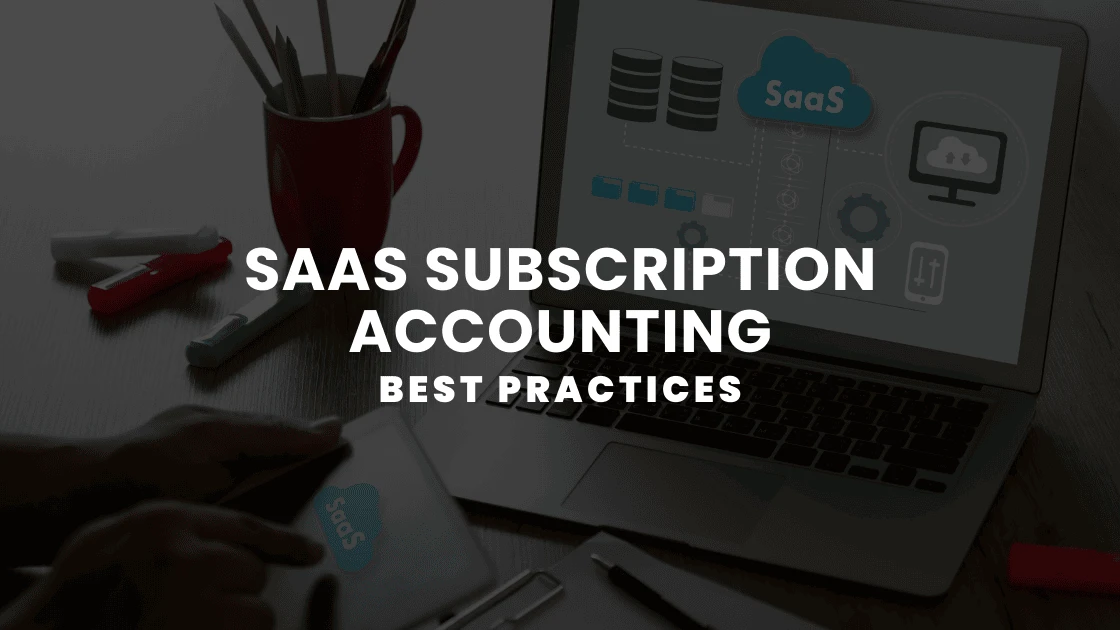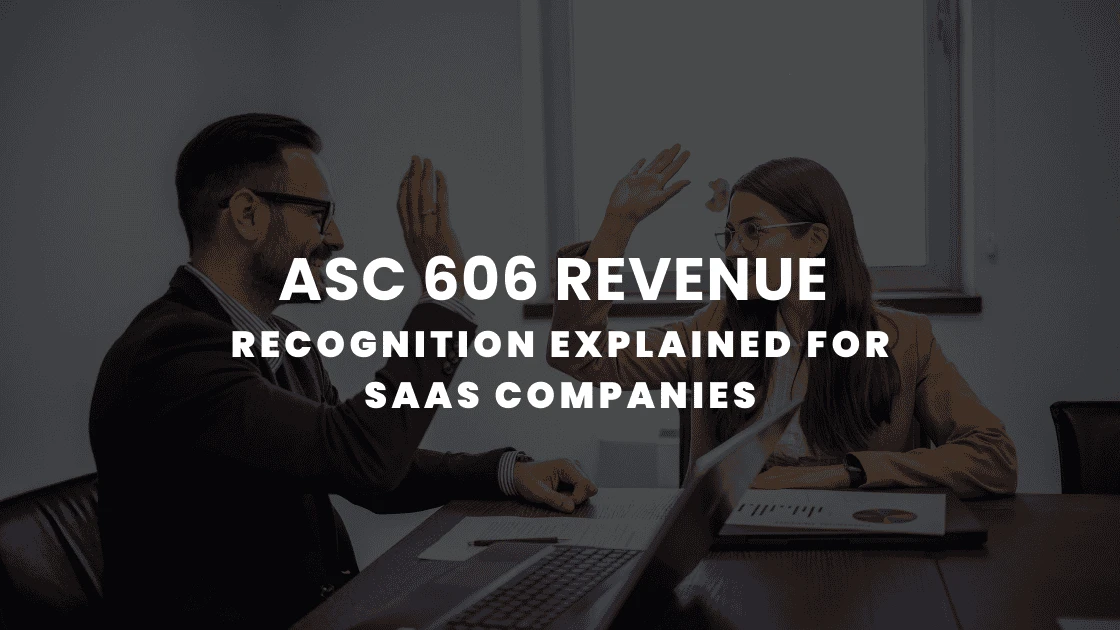July 8 2022 | By Wajiha Danish | 4 minutes Read

Exploring the R&D Tax Credit Program
How to Check Your Eligibility for the R&D Tax Credit?
1. Eligible Purpose
2. Technological Background
3. Technological Uncertainty
4. Experimentation Process
How to Get the R&D Tax Credit?
1. Proper Expense Management & Bookkeeping
2. Team Up With A Tax Expert
3. File Form 6765 (Credit for Increasing Research Activities)
How To Minimize Payroll Tax Liability?
How Monily Can Help You Get R&D Tax Credit?
R&D activities frequently occur in small and medium businesses that use innovation to create space and impact in the industry. More than 30 million small businesses in the USA use innovation to boost efficiency and get the winning edge. However, the majority fails to capitalize on the startup R&D tax credit on offer by the government.
As it goes, federal and state governments promote businesses that rely on innovation to succeed. The same folks who like to collect taxes for almost every business activity give some back when the activity relates to R&D. The return is in the form of credit and acts as an incentive for businesses to further their research and discover new innovative ways to do business.
Research & development tax credit encourages businesses to further their research and stay hinged on the innovative way. The companies that actively invest in the R&D activities get rewarded with lesser tax deductions and better tax refunds.
Through the R&D tax credit program, businesses can save up to $250,000 in expenses from payroll taxes every year and enjoy lesser deductions on income tax. Over the years, these credits can help business save millions and continually develop better and improved products.
Businesses from all industries are eligible for the R&D tax credit program. Unlike common beliefs, the tax credit is not only for companies that create cutting-edge products; businesses that actively invest in discovering innovative ways to boost operations and improve processes can also get it.
To check where your business qualifies for the federal R&D tax credit, you need to conduct a four-part test:
The business should be working on developing and designing a new product or process that could significantly improve reliability, functionality, and quality.
The R&D activities should abide by engineering, physics, biology, and computer science principles.
At the time of the research, the outcome, capability, and design should be uncertain and variable to change.
The business must use one or more evaluation techniques to eradicate technological uncertainty.
Besides this, startups that meet the below criteria are also eligible for a credit of up to $250,000 for up to five years:
– The gross receipts in the current year must be less than $5 million.
– The startup doesn’t have interest income older than five years.
To get the startup R&D tax credit, you must have tip-top finances and proper records of all business activity. Moreover, you need to team up with a tax expert who helps eradicate complexities from your books and prepare you for the road ahead. And lastly, you must file Form 6765 and form 8974.
No startup can get the R&D tax credit with unbalanced books. Proper recordkeeping not only helps the startup monitor performance but also helps them identify qualified R&D expenses. Without detailed records of research activities and expenses, your odds of getting the credit are bleak.
Like other tax credit opportunities, you need an expert by your side who can help you navigate your way to success. Arrange a meeting or consultation with your tax expert and discuss your plans to file for the R&D Tax Credit. The right advice at the right time can help you get the maximum tax credit.
Every business that wants to apply for the R&D tax credit needs to fill and submit Form 6765. The form should be submitted with the annual corporate returns and include details about your involvement in the R&D activities around the year.
The R&D tax credit also helps businesses significantly minimize payroll tax liabilities via form 8974. The form is for Qualified Small Business Payroll Tax Credit for Increasing Research Activities. Like form 6765, form 8974 is also submitted with the annual return. In the best-case scenario, it can help a business save up to $250,000 in payroll taxes for up to five years.
For business owners, it might seem difficult to apply for the R&D tax credit due to the complexities involved in the application process. However, with the help of Monily, businesses that care about innovation can get some rebates.
See Also: Accounting For Startups: A Detailed Guide To Startup Accounting
Monily can help businesses get accurate books, maintain R&D expense records, and file forms 6765 and 8974 needed to apply for the R&D tax credit. Book a consultation today with our experts to check if your business qualifies for this incredible credit opportunity.
Subscribe for business tips, tax updates, financial fundamentals and more.
MORE BLOGS

Running a SaaS business can look simple from the outside. Customers sign up, pay monthly or yearly, and keep using the product. Quite straightforward, right? Behind […]
Learn More →
Revenue is the heartbeat of any SaaS business. But how and when that revenue shows up on your books can change everything, from investor confidence to […]
Learn More →
If you’re a small business, we will absolutely get it if you say you’re having a hard time choosing a payment platform for your company. And […]
Learn More →